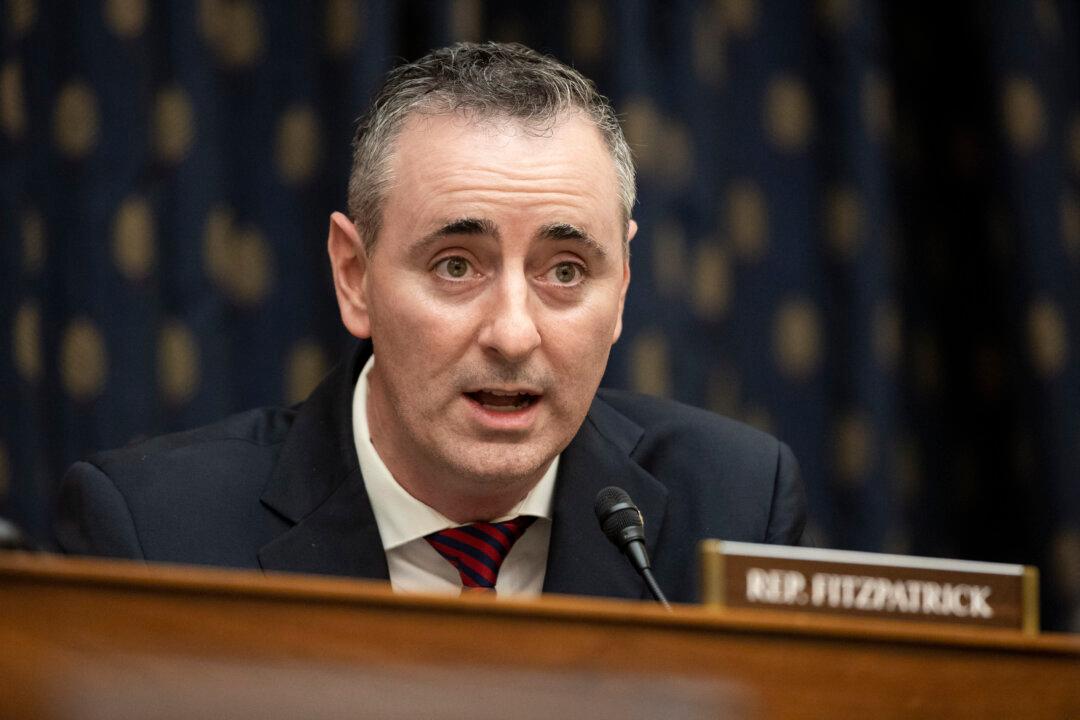A bipartisan group of lawmakers has introduced two measures that seek to equip the United States with the ability to investigate the origins of the CCP virus and allow Americans to sue Beijing for suppressing information about the pandemic.
The proposals follow calls for a new probe into the origins of the CCP (Chinese Communist Party) virus amid widespread concerns that the pandemic may have been sparked by a laboratory accident.




